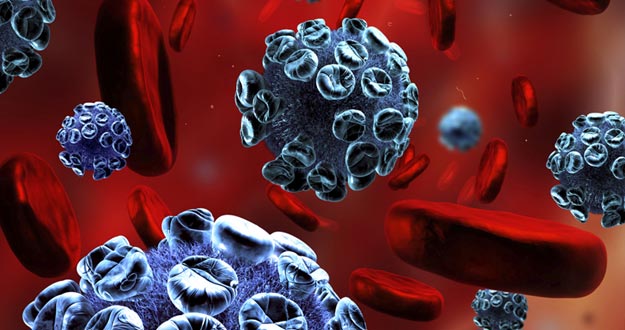A few days ago, I read an article about new research in Spain, who said the following: A cellular mechanism can improve the effectiveness of future vaccines against AIDS.
A new cellular mechanism found, by an international team of researchers, led by the Higher Council for Scientific Research (CSIC), can improve the effectiveness of future vaccines, against AIDS.

3D illustration of HIV virus
The results of the study, published in an article in the journal Proceedings of the National Academy of Sciences (PNAS), describe this new process induces a specific response, against HIV, by increasing the innate immune response.
The study, led by the Teacher Mariano Esteban, from the National Center for Biotechnology (CNB), has observed the responses, that induce poxviruses, a family of viruses whose most representative member was used to eradicate smallpox.
Thus, in this work, a new mechanism, by which the poxvirus induce some specific immune responses to HIV antigens, is described, which could help improve future vaccines against AIDS.
The researchers have identified the mechanism of action of three viral genes, that block the key factor, in the regulation of cellular genes.
When eliminating them, from the viral DNA, they get that, in the infected cells, increase levels of costimulatory molecules of the innate response (as they are cytokines, chemokines and others), that attract neutrophils (blood cells) toward the site of infection, as Esteban explains.
This recruitment of neutrophils, leads to an increase, in the production of specific lymphocytes, that play an important role, in infection control. "The results of these investigations have applicability in improving vaccines against HIV and other pathogens", says Stephen.
Well, I think it is very important that researches work hard to discover an effective vaccine against AIDS. At least, the Spanish researches are making a great affort to get.
Until my next post, kind regards,
Luis.
Sponsored by Costaluz Lawyers.
Please click below:
